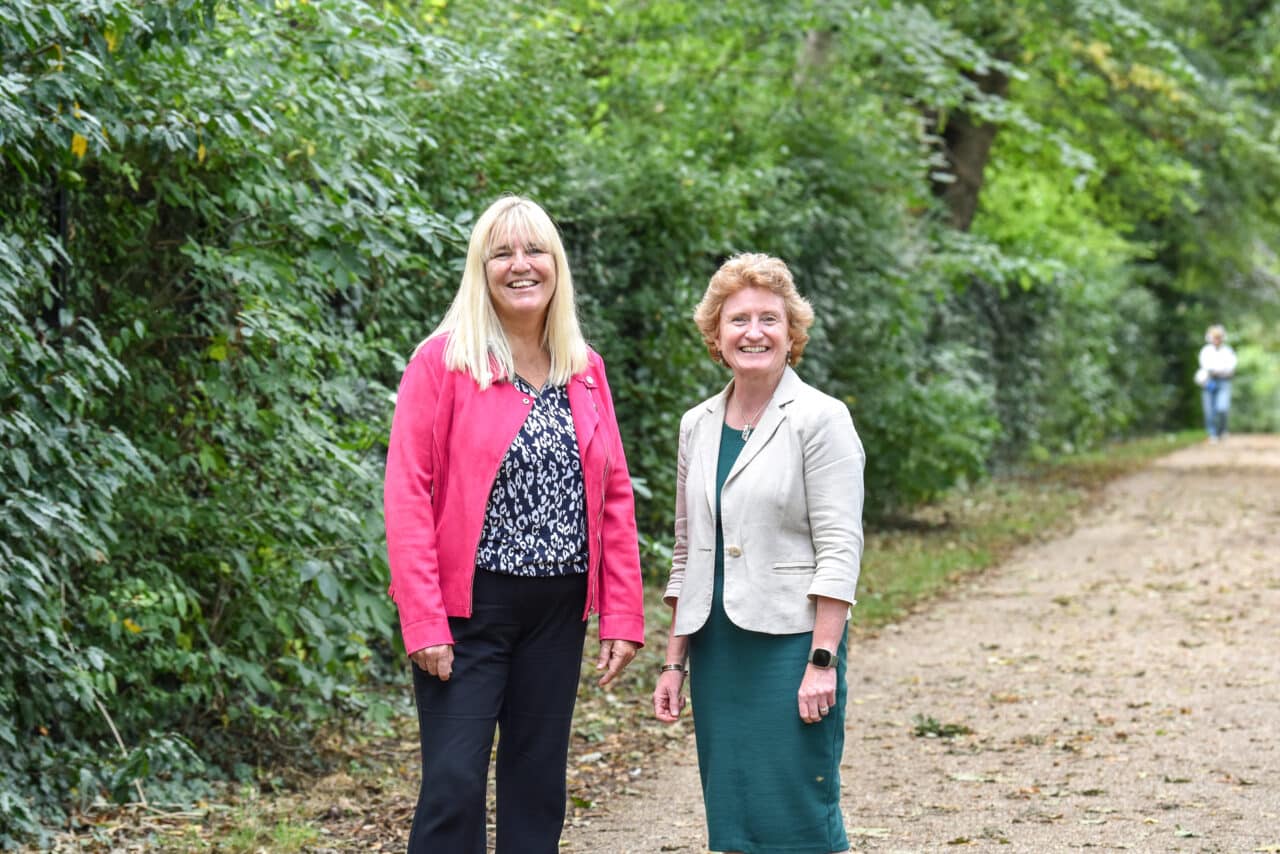Studying Maths to age 18
Let’s all study Maths to age 18, calls our Prime Minister in his first address of 2023. On the surface, this plan, although perhaps an unexpected focus given the other potentially pressing issues in Mr Sunak’s inbox, sounds great. We know that basic numeracy is an essential skill for life. We know that many, many adults struggle with the kind of day-to-day maths which we should all be able to manage. We also know that it’s much harder to master these kinds of skills in adulthood – better by far to have a firm grasp of everything by the time you leave school, surely?
And indeed, it’s not the first time someone has come up with this plan. It’s been touted by numerous politicians of differing political persuasions. I wrote about the intention to introduce a Core Maths qualification to ensure everyone studied Maths up to the age of 18 back in 2014. The fact that none of these plans has come to fruition should give us pause.
One of the biggest issues is one of logistics. The Core Maths plan nearly 10 years ago failed to get off the ground in part due to the inability to staff it. Recruiting Maths teachers was and remains a huge challenge. We are lucky at Headington that we have a large, well-qualified and enthusiastic Maths Department and as a successful independent school, our excellent resources, small classes and engaged pupil body means we continue to be able to attract strong candidates. The same is not true everywhere. Many of those who have the right qualities and background to be an excellent maths teacher can earn considerably more working in other sectors. Their skills and abilities make them desirable in numerous fields, for example banking and the city, which are likely to attract a much more generous salary offering than any school could. I’m not sure when the Government last hit its Maths teacher recruitment target (at one point Maths graduates were being offered so-called ‘golden handshakes’ to train as teachers amounting to thousands of pounds per person) but they have certainly fallen far short for a number of years. There are schemes which help, for example the National Maths and Physics School Centred Initial Teacher Training scheme of which Headington is a part, which allows new teachers to train on the job at excellent schools, with generous bursaries and scholarships available. At Headington we had a Maths trainee through the scheme last year and we will host another starting in September 2023. It’s still not enough though.
So if we as a nation are currently struggling to recruit enough teachers to teach all those taking the current required qualifications (along with those who choose to continue to study the subject), how will we possibly staff a new system which requires every single child to learn Maths for an additional two years? Currently, nearly half of state secondary schools are using non-specialists to teach Maths. This would only increase.
It’s worth pointing out that the current GCSE Maths exam is very challenging. Based on last year’s grade boundaries, you only needed to score 16 per cent on the Higher paper to achieve a grade 4 pass. That means that many pupils who have acquired this grade are doing so without knowing well over half the material. Is it fair to say they have reached an appropriate level to set them up for all the Maths skills they will need to thrive in a world full of confusing numbers? Are we in fact teaching them the right thing in the first place?! A Level Maths is more advanced still – so if we are committed to really preparing children to be more numerate, perhaps an entire rethink is required. As everyone is hit by the cost of living crisis, misapprehensions surrounding what should be fairly basic Maths abound. For example, confusion over the fact that inflation going down will not be reflected by prices dropping; the impact of compound interest on savings or borrowings; energy prices differing from the Energy Price Guarantee (which refers to an ‘average’ household). There is a great deal of Maths going on in the background of everyone’s life and arguably this is what would be more beneficial for most than learning calculus or abstract mathematical proofs. (Though let’s not forget that many practical developments in, for example, Science, Engineering, IT and Economics rely on this kind of Pure Mathematics). Wouldn’t it be fantastic if we could send every student off to university with a firm understanding of budgeting, or those into the workplace with a firm grasp of how things like tax, National Insurance and other pre-tax deductions impact their take home pay?
We do this pretty well at Headington and our girls have the option in Year 10 to take a one-year qualification in Financial Education. If all our girls were required to study Maths until 18 (bearing in mind that it is already by far our most popular Sixth Form qualification, followed by Economics), we should be able to manage the practicalities. But many schools would not and it would likely see more young people having substandard lessons by non-specialists in a subject they do not enjoy and do not require for further education or careers. It’s hard to see that being a significant benefit.
Personally, I enjoy Maths and I did study it to A Level. There is a lot to be gained by studying the subject, which is essential for many areas of further study. The chief executive of National Numeracy pointed to the potential advantages for labour market skills and other economic benefits if a focus on Maths was introduced. But he too had criticisms of GCSE Maths (which is failed by around 175,000 people each year) and proposed something more akin to a driving test or passport qualification which less confident pupils would have a higher chance of passing but would also better prepare them for the kind of Maths they might need in the future.
It is interesting that it is considered acceptable for people to say they don’t ‘do’ Maths or dismiss their lack of confidence in the area, saying they don’t have a ‘Maths brain’. Just like any other subject, it can – and should – be learned and while some will find it harder than others, that’s the same with any discipline. Clearly, there is an attitude about learning Maths and a ‘you can or you can’t’ perception, both of which need to be addressed. When I discussed this plan with our girls in assembly, there was an audible vocal reaction to the proposal – it definitely elicits a strong and not entirely positive response.
I will await more information with bated breath – but based on previous proposals, I think we may be waiting a while for a viable and practical solution.



